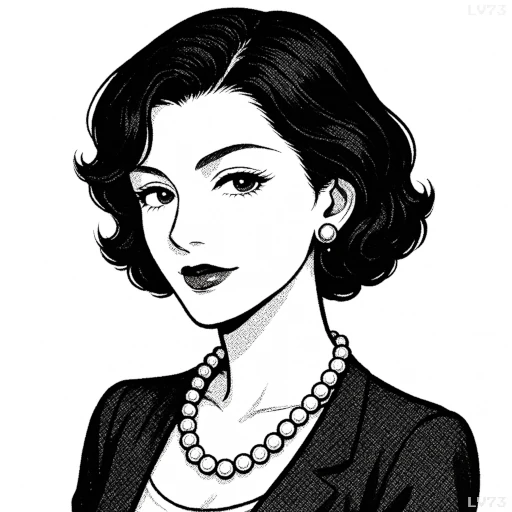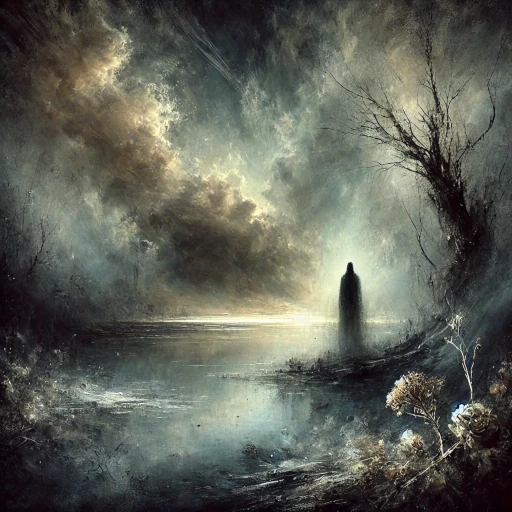“Guilt is perhaps the most painful companion of death.”

- August 19, 1883 – January 10, 1971
- Born in France
- Designer, businesswoman
table of contents
Quote
“Guilt is perhaps the most painful companion of death.”
Explanation
In this quote, Coco Chanel touches on the emotional toll that guilt can have, particularly in relation to the end of life. Chanel’s words suggest that, as one faces mortality, the weight of unresolved emotions, past actions, or unspoken regrets can become an overwhelming burden. Guilt, in this sense, is not just a fleeting feeling but a persistent companion that can deeply affect one’s peace of mind and emotional state as death approaches. Chanel, who lived through significant personal and professional hardships, may have seen how guilt can prevent one from achieving inner peace or finding reconciliation with the past, especially as time runs out.
The quote also suggests that, more than physical pain or fear of death, it is the emotional weight of guilt—stemming from choices, mistakes, or relationships—that may linger and create the most suffering. For Chanel, who was known to be fiercely independent and occasionally controversial in her personal and professional life, this statement could reflect her own struggles with personal responsibility and the complex emotions that accompany one’s actions, particularly those that involve others. In the broader context, Chanel’s quote speaks to the universal human experience of looking back at one’s life and reckoning with the consequences of past decisions.
In a contemporary sense, the quote highlights the importance of forgiveness, reconciliation, and coming to terms with one’s actions before it’s too late. It underscores how guilt, when left unresolved, can rob individuals of peace and clarity. Whether through self-forgiveness, making amends with others, or seeking a deeper understanding of one’s actions, the quote serves as a reminder that emotional burdens can be just as significant as physical ones in the journey toward the end of life. It encourages a reflective approach to life, urging people to consider the emotional legacy they leave behind and to free themselves from the chains of regret.
Would you like to share your impressions or related stories about this quote in the comments section?



